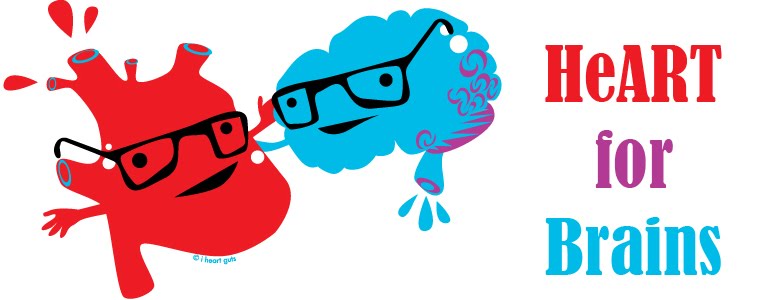 |
| Published in Popular Science Monthly, 1896 |
Another technique is to savor particularly good experiences. You can do this by taking time to relive the positive experience, going over the details of the event. Immersed in the experience of that moment, try to feel the joy, pleasure, excitement, love, connection, empathy etc. You can further strengthen a pleasurable memory by purposefully creating neural pathways connecting it to other positive events that have happened. Then, the next time you think about the older positive event, you will also recall the new positive event. For example, I just had a really fun photo shoot last week, and I spent a few minutes three times during the day to relive the experience. I also recalled the other fun photo shoots I've had in my life, going back to a fifth grade photo shoot I did with friends. I hadn't thought about most of these memories in a long time, but found myself smiling and feeling so happy as I was doing this exercise. It was very powerful in the moment, and seems to be increasing my "positivity bias" as well. For more information, I strongly recommend Buddha's Brain, the book where I got these exercises, and which discusses the science and the mindfulness practices that can help rewire your brain.

